The Salon du dessin is happy to introduce you
Musée Condé - Château de Chantilly The Très Riches heures du Duc de Berry | Musée national des Châteaux de Malmaison et de Bois-Préau Appiani (1754-1817). The painter commissioned by Napoleon in Italy | Musée du Louvre The Expérience of Nature in the Arts at the Court of Rudolf II in Prague | Musée de Montmartre Maximilien Luce (1858-1941), the instinct of landscape | Petit Palais Jewellery Designs. Secrets of the creation | Fondation des Artistes I hit you with a flower sugar-coated with a punch
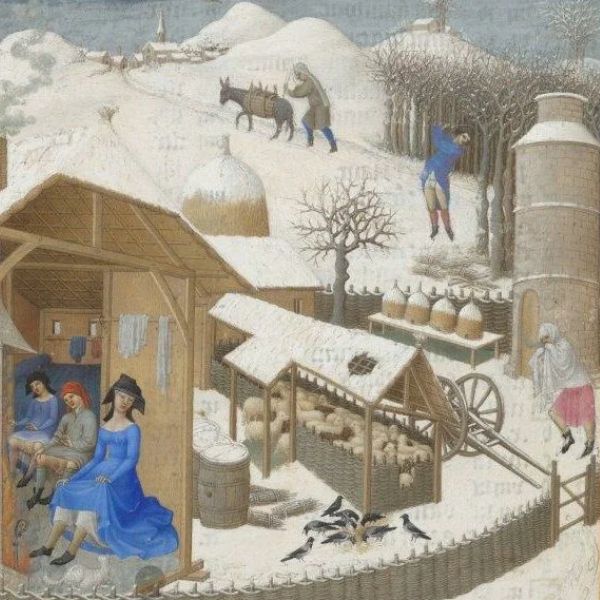
MUSÉE CONDÉ - CHÂTEAU DE CHANTILLY
The Très Riches Heures du duc de Berry
Château de Chantilly unveils one of medieval art's most precious treasures: the Très Riches Heures du duc de Berry. This international exhibition of considerable scope offers a unique opportunity to contemplate this legendary manuscript, dubbed the "Mona Lisa of manuscripts," under exceptional circumstances. A fascinating immersion into the artistic and cultural universe of the 15th century that will never be repeated.
The Très Riches Heures du duc de Berry embodies the pinnacle of medieval illumination. This book of hours, commissioned by Jean de Berry, brother of King Charles V, represents far more than a simple collection of prayers: it constitutes a veritable artistic manifesto of its era. Born from the genius of the Limbourg brothers, those master illuminators of the Burgundian court who revolutionised the codes of their art, the work bears witness to the refinement and sophistication of the late Middle Ages.
February, in the Calendar of the Très Riches Heures of the Duke of Berry, Paris and Bourges, 1411-1485 © RMN-Grand Palais - Domaine de Chantilly - Michel Urtado
From 7 June to 5 October 2025
Château de Chantilly
Cabinet d'arts graphiques
60500 Chantilly
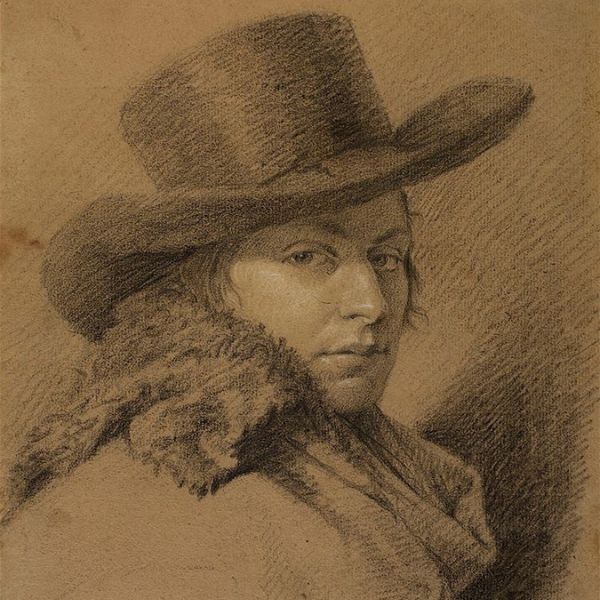
MUSÉE NATIONAL DES CHÂTEAUX DE MALMAISON ET DE BOIS-PRÉAU
Appiani (1754-1817)
The painter commissioned by Napoleon in Italy
Around a hundred works - paintings, drawings, engravings and medals from European public and private collections - are brought together for the first retrospective organised in France on this artist, considered to be the most important painter of the neo-classical period in northern Italy.
The exhibition presents the sensitive, monumental and intimate style of the greatest Milanese artist of his time: the beginnings of a painter trained in the eighteenth century, scenes from Napoleonic history and the nascent republic, portraits of Napoleon and Josephine, and preparatory studies and drawings for the decoration of private mansions and churches.
Andrea Appiani, Portrait de Giuseppe Vallardi, 1795-1798, Huile sur toile, 24,8 x 19,4 cm, Gallerie dell’Accademia di Venezia, Venise © G.A.VE - Archivio fotografico – “su concessione del Ministero della Cultura”
From 16 March to 28 July 2025
Château de Bois-Préau
1 B Avenue de l’Impératrice Joséphine
92500 Rueil-Malmaison
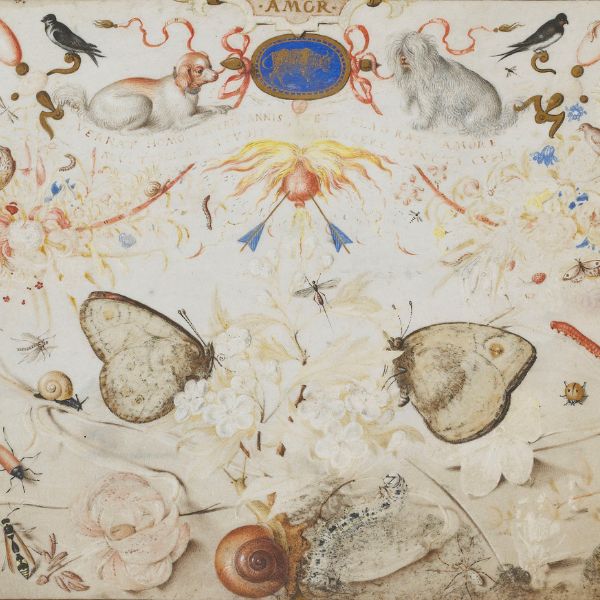
MUSÉE DU LOUVRE
The Experience of Nature in the Arts at the Court of Rudolf II in Prague
A great patron of the arts and sciences, Emperor Rudolf II (1552-1612) was one of the European sovereigns whose enthusiasm for the study of nature was the most passionate.
He summoned scholars and artists from all over Europe to his court, who worked in close proximity to one another within the castle grounds, turning Prague into a true laboratory, a place of experimentation, in an atmosphere conducive to intellectual and religious tolerance.
The first part of the exhibition presents this convergence of scientific and artistic perspectives on nature, particularly evident at the Prague court.
The second part of the exhibition shows how this visual curiosity, shared by scientists and artists alike, contributed to the renewal of artistic creation in Prague.
Amor. Allégorie du printemps Georg Hoefnagel c Musée du Louvre. Dist RMN-Grand-Palais Martine Beck-Coppola
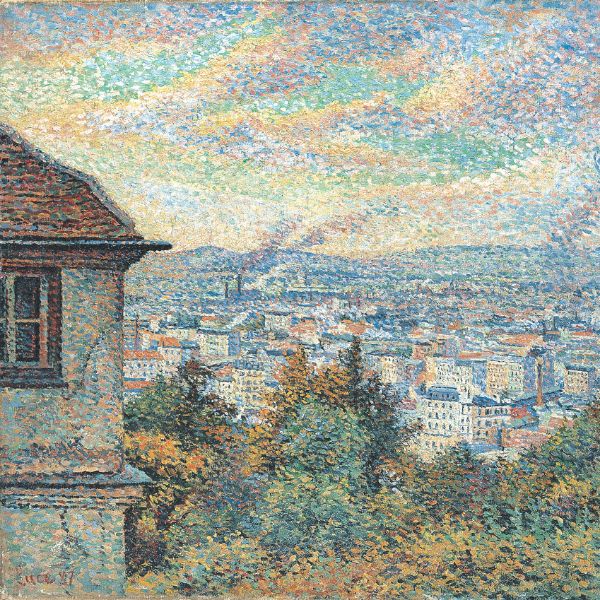
MUSÉE DE MONTMARTRE
Maximilien Luce (1858-1941), the instinct of Landscape
This retrospective highlights the work of neo-impressionist painter Maximilien Luce, a key figure in anarchist circles, through the lens of landscape. Beyond the humanist spirit that drives Luce's work, landscape emerges as a central theme in his painting.
The exhibition traces the artist's travels, shedding light on the social and industrial transformations of his era.
Idyllic scenes of bathing coexist with the ominous silhouettes of factories. The city, factories, and nature become fertile grounds for experimentation. The unique way in which Luce captures light and color reveals the astonishing beauty of both urban and rural landscapes.
Maximilien Luce Paris vu de Montmartre, 1887 Huile sur toile Association des Amis du Petit Palais, Genève, Ph © Studio Monique Bernaz, Genève
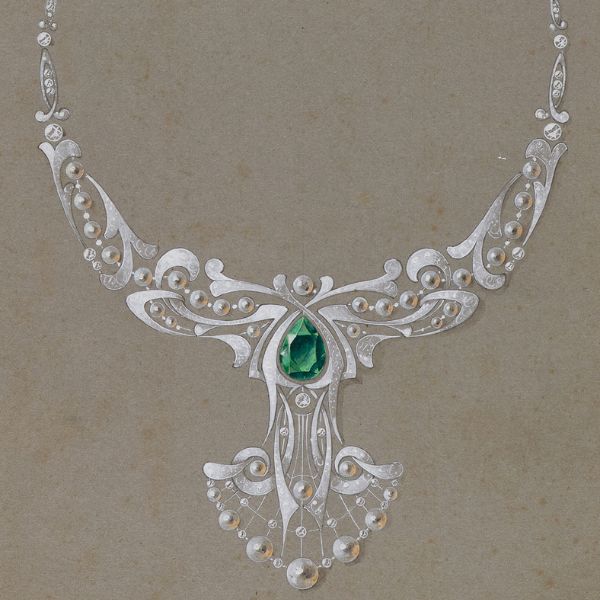
PETIT PALAIS
Jewellery Designs. Secrets of the creation
The Petit Palais unveils for the first time its unique collection of jewelry drawings, spanning over a century of creation, from the second half of the 19th century to the mid-20th century.
The exhibition traces the creative process of high jewelry designers, from their sources of inspiration to their final creations, through studies, sketches, gouaches, and jewelry models.
The journey traverses periods and styles, highlighting the techniques of the greatest houses such as Lalique, Cartier, Rouvenat, and Boucheron.
Collier, Raymond Subes, 20e siècle, Crayon graphite, gouache, papier cartonné, 23,8x16 cm., Petit Palais, musée des Beaux-Arts de la Ville de Paris, © Paris Musées / Petit Palais, ADAGP, Paris, 2025
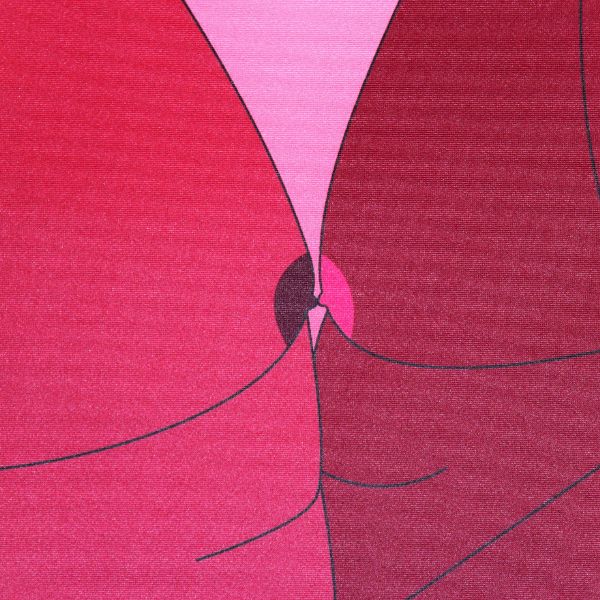
FONDATION DES ARTISTES
I hit you with a flower sugar-coated art with a punch
This exhibition presents the work of artists whose pieces appear frivolous while being both attractive and intelligent.
Exuberant images with slightly provocative undertones flow nonchalantly from these artists' hands, addressing topics such as feminism, gender, (homo)sexuality, intimacy, eroticism, racism, and body acceptance with such refined subtlety that it's barely noticeable.
In partnership with the Stedelijk Museum Schiedam in the Netherlands
